If you're interested in reducing your carbon footprint and cutting down on energy costs, consider installing a solar thermal system. These systems harness the sun's energy to heat water or air, serving as an eco-friendly and cost-effective solution for warming your home or providing hot water. As the push for sustainability grows, solar thermal technology is gaining traction for its minimal environmental impact and potential for significant energy savings.
One of the primary advantages of solar thermal systems is their ability to lower energy bills. By leveraging solar power, you'll depend less on conventional energy sources such as gas or electricity, which are often more expensive. Furthermore, these systems are known for their durability and require minimal maintenance, making them a sound long-term investment despite the initial setup costs.
Moreover, solar thermal systems contribute positively to environmental conservation. They operate cleanly, producing no harmful emissions, which means you'll play a part in fighting climate change and improving air quality. Opting for a solar thermal system aligns with a sustainable lifestyle, offering a practical step towards a greener future.
Fundamentals of Solar Thermal Systems
How Solar Thermal Systems Work
Solar thermal systems harness the sun's energy to heat water or air for your home, employing a straightforward yet effective approach. These systems use solar collectors, usually mounted on the roof, to absorb solar energy. This energy is then transferred to a heat transfer fluid, which conveys the warmth to a storage tank, ready to provide hot water or heat. This method offers a practical, eco-friendly solution for leveraging natural resources to meet your heating needs.
Types of Solar Thermal Collectors
There are two primary types of solar thermal collectors: flat-plate and evacuated tube collectors. Flat-plate collectors, the more prevalent variety, feature a flat, rectangular box with a dark absorber plate under a transparent glazing material. This design permits sunlight to heat the plate while minimizing heat escape.
Evacuated tube collectors consist of a series of glass tubes, each housing an absorber plate with a vacuum inside to significantly reduce heat loss. Both systems efficiently harness solar energy for heating purposes, offering distinct advantages in various applications.
Components of a Solar Thermal System
A solar thermal system comprises key components such as solar collectors, heat transfer fluid, a storage tank, and a control system. Typically mounted on the roof, the solar collectors capture the sun's energy and transfer it to the heat transfer fluid. This fluid then transports the heat to a storage tank, ready to supply hot water or to heat your home's air. The control system oversees the fluid's flow, guaranteeing efficient and effective heat distribution.
Planning and Installation
Assessing Your Home's Suitability
Before installing a solar thermal system, it is important to evaluate whether your home is a good fit. Key considerations include your roof's size and orientation, the amount of sunlight your home gets, and your hot water needs. Online tools and consultations with a solar thermal installer can help you assess your home's suitability for such a system.
Choosing the Right System for Your Home
After confirming your home's suitability for a solar thermal system, the next step is selecting the appropriate system based on your household size, hot water usage, and budget. There are several types of solar thermal systems available, including flat plate and evacuated tube collectors, each with its own set of benefits and limitations. It's crucial to conduct thorough research or consult with professionals to choose the system that aligns best with your specific needs.
Installation Process
Installing a solar thermal system generally includes mounting solar panels on your roof, setting up a heat transfer fluid system, and linking it to your hot water tank. The specifics of the installation vary based on the system type and your home's layout. To guarantee a correct and safe installation, hiring a qualified installer with experience in solar thermal systems is crucial.
Economic and Environmental Benefits
Cost Savings
A major advantage of solar thermal systems is the potential for substantial cost savings. Using the sun's energy to heat your home decreases your dependence on costly fossil fuels, significantly reducing energy bills over time. Additionally, these systems demand minimal maintenance, further lowering your expenses. Although periodic servicing is necessary, the upkeep is relatively low compared to traditional heating systems.
Environmental Impact
Solar thermal systems offer the significant environmental benefit of using renewable energy, which can greatly reduce your carbon footprint and contribute to planetary protection. EnergySage highlights that "Generating electricity with solar power instead of fossil fuels can dramatically reduce greenhouse gas emissions, including carbon dioxide (CO2)." Furthermore, these systems emit no harmful pollutants, improving local air quality.
Government Incentives and Rebates
Finally, homeowners opting for solar thermal systems can benefit from government incentives and rebates. The federal government, for instance, provides a tax credit covering up to 30% of the system's cost, significantly offsetting initial installation expenses. Moreover, numerous state and local governments extend additional incentives and rebates to promote renewable energy adoption. Leveraging these programs can considerably lower the installation costs of a solar thermal system in your home.
Maintenance and Troubleshooting
Routine Maintenance
To maintain the efficiency of your solar thermal system, it's important to carry out regular maintenance tasks. These include:
- Checking and topping off the heat transfer fluid level as needed.
- Cleaning the collector surface if debris is present.
- Ensuring the system's pressure gauge reads within the recommended range.
- Inspecting pipes, valves, and connections for leaks.
- Checking electrical connections for corrosion and tightening them if required.
Regularly performing these maintenance activities can prevent potential issues and guarantee your system's continued efficient operation.
Common Issues and Solutions
Despite diligent maintenance, your solar thermal system might still encounter issues. Here are some common problems and their solutions:
- Low heat output: This issue could stem from scale or sediment buildup in the collector. Cleaning the collector surface or seeking professional help can resolve this.
- Leaks: Leaks typically indicate damaged or faulty components. It's crucial to have a professional inspect and repair any leaks promptly.
- Freezing: In cold weather, the heat transfer fluid can freeze, potentially damaging the system. Maintaining adequate antifreeze levels and proper insulation can prevent this.
Addressing these issues quickly and continuing routine maintenance will ensure your solar thermal system remains efficient and effective.
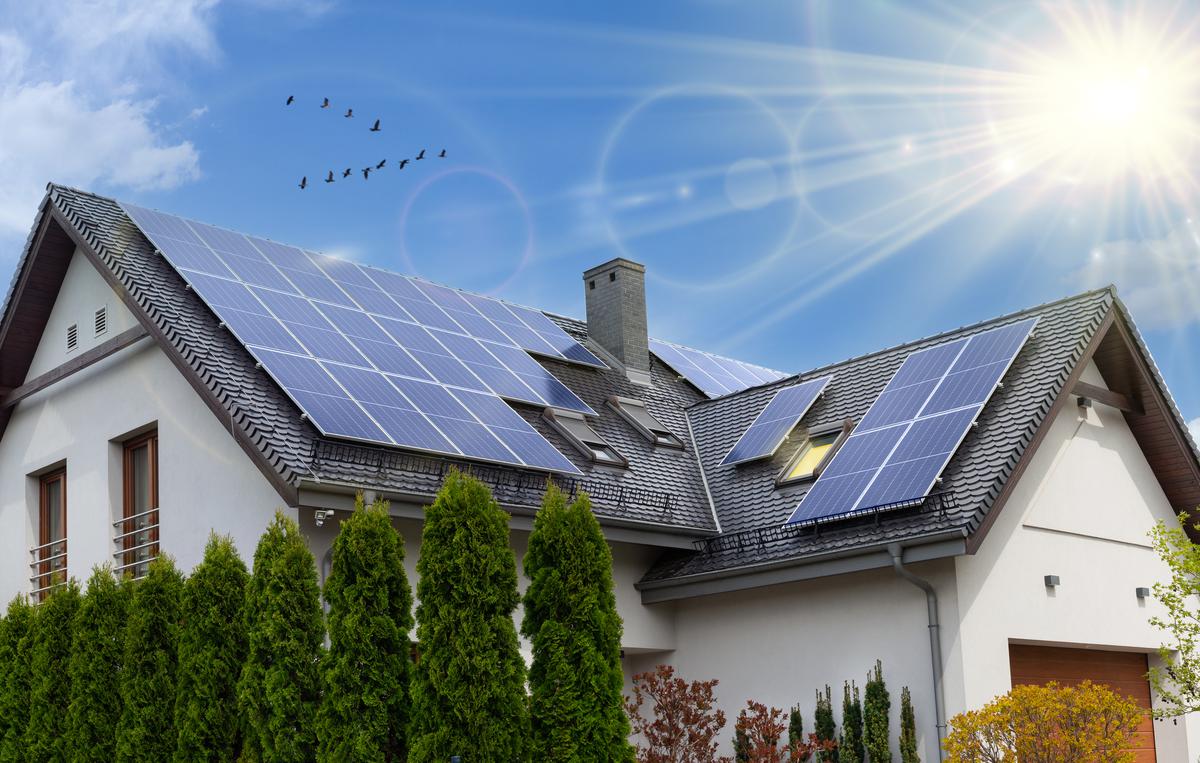

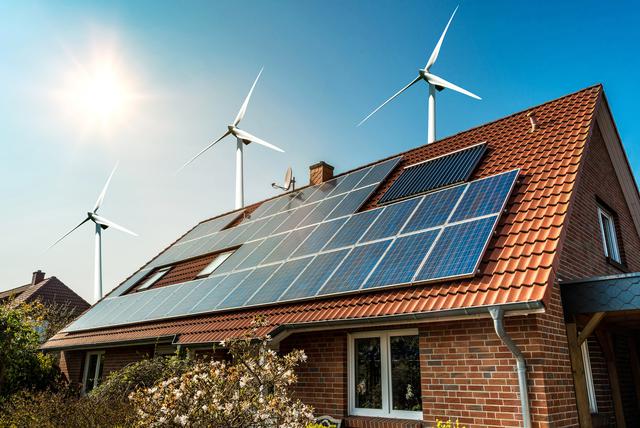
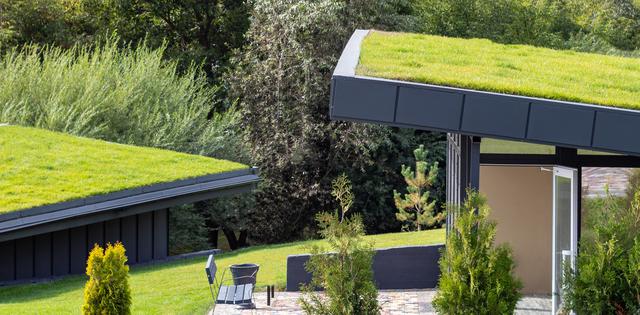
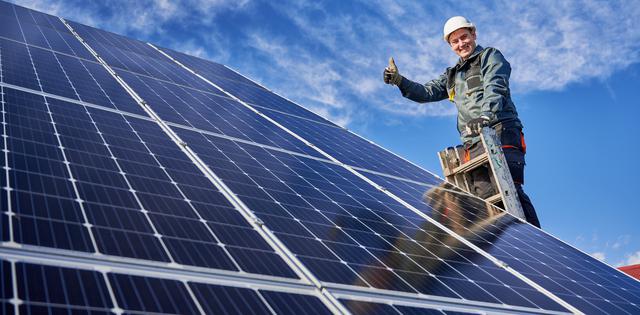
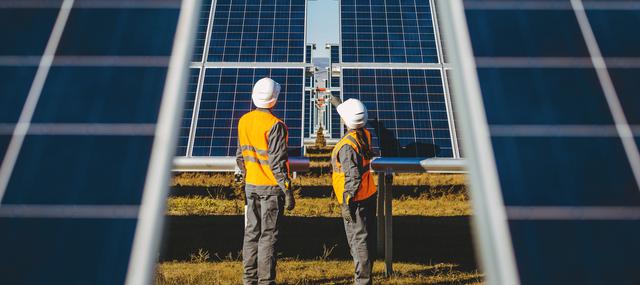
comments